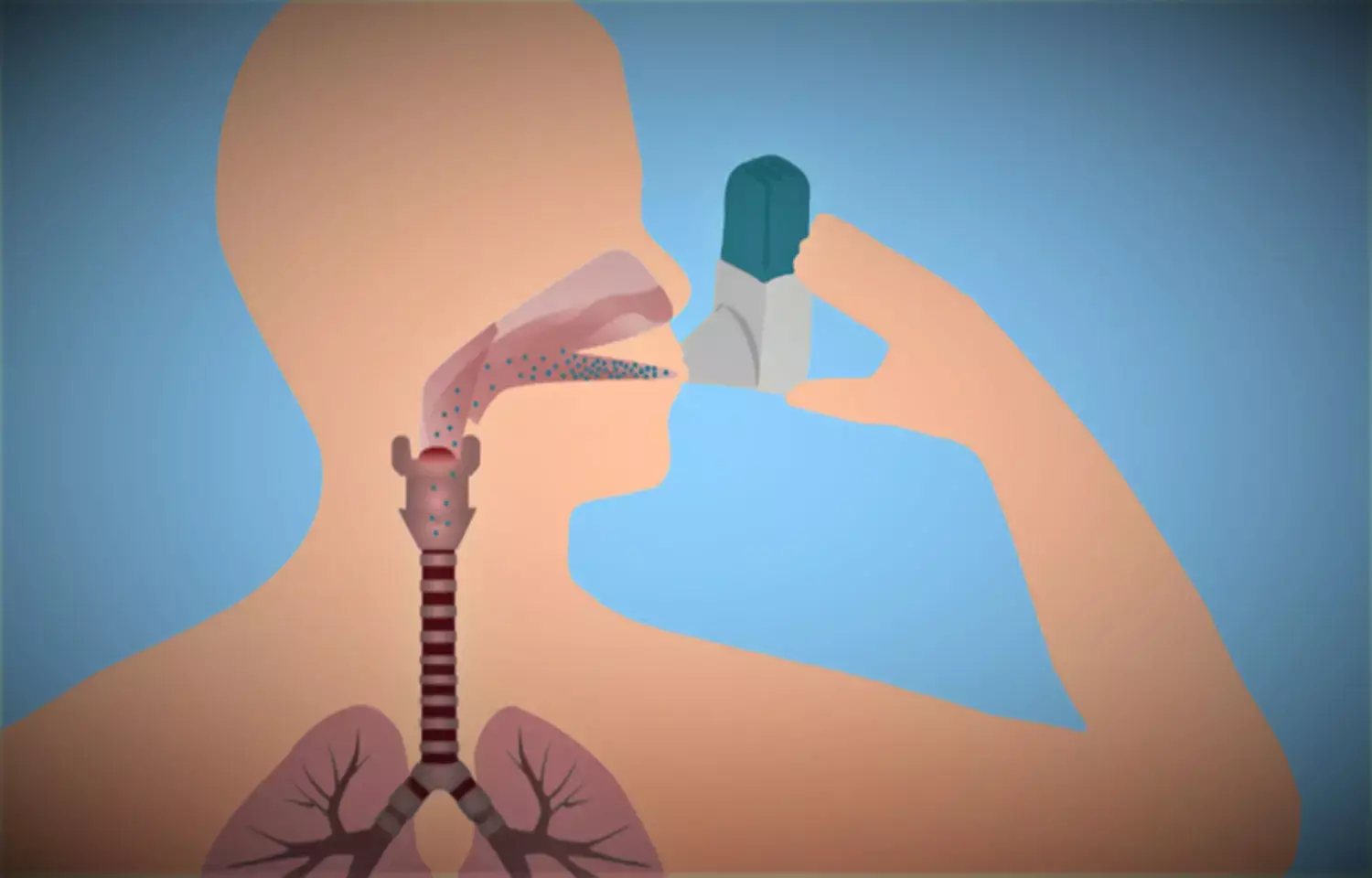- Home
- Medical news & Guidelines
- Anesthesiology
- Cardiology and CTVS
- Critical Care
- Dentistry
- Dermatology
- Diabetes and Endocrinology
- ENT
- Gastroenterology
- Medicine
- Nephrology
- Neurology
- Obstretics-Gynaecology
- Oncology
- Ophthalmology
- Orthopaedics
- Pediatrics-Neonatology
- Psychiatry
- Pulmonology
- Radiology
- Surgery
- Urology
- Laboratory Medicine
- Diet
- Nursing
- Paramedical
- Physiotherapy
- Health news
- Fact Check
- Bone Health Fact Check
- Brain Health Fact Check
- Cancer Related Fact Check
- Child Care Fact Check
- Dental and oral health fact check
- Diabetes and metabolic health fact check
- Diet and Nutrition Fact Check
- Eye and ENT Care Fact Check
- Fitness fact check
- Gut health fact check
- Heart health fact check
- Kidney health fact check
- Medical education fact check
- Men's health fact check
- Respiratory fact check
- Skin and hair care fact check
- Vaccine and Immunization fact check
- Women's health fact check
- AYUSH
- State News
- Andaman and Nicobar Islands
- Andhra Pradesh
- Arunachal Pradesh
- Assam
- Bihar
- Chandigarh
- Chattisgarh
- Dadra and Nagar Haveli
- Daman and Diu
- Delhi
- Goa
- Gujarat
- Haryana
- Himachal Pradesh
- Jammu & Kashmir
- Jharkhand
- Karnataka
- Kerala
- Ladakh
- Lakshadweep
- Madhya Pradesh
- Maharashtra
- Manipur
- Meghalaya
- Mizoram
- Nagaland
- Odisha
- Puducherry
- Punjab
- Rajasthan
- Sikkim
- Tamil Nadu
- Telangana
- Tripura
- Uttar Pradesh
- Uttrakhand
- West Bengal
- Medical Education
- Industry
Inhaled Fluticasone Furoate not effective Against COVID-19: NEJM

In a recent clinical trial evaluated the efficacy of repurposed medications in treating outpatients with confirmed COVID-19. The findings published in the New England Journal of Medicine indicate that a 14-day regimen of fluticasone furoate did not accelerate the recovery time when compared to a placebo among this cohort of COVID-19 patients in the US.
The trial, involving nonhospitalized adults aged 30 or older who exhibited at least two symptoms of acute COVID-19 infection lasting no more than seven days, randomized participants into two groups. One group received inhaled fluticasone furoate at a daily dose of 200 μg for a duration of 14 days, while the other received a placebo. The primary endpoint was the "time to sustained recovery," defined as three consecutive days without any COVID-19 symptoms. Key secondary endpoints included hospitalization or death by day 28 and a composite outcome encompassing urgent-care or emergency department visits, hospitalization, or death up to day 28.
Of the 1407 participants enrolled in the trial, 656 received inhaled fluticasone furoate, and 621 received a placebo. The analysis revealed that there was no substantial evidence to suggest that fluticasone furoate shortened the time to recovery compared to the placebo group. The hazard ratio, a measure of relative risk, was 1.01 with a 95% credible interval ranging from 0.91 to 1.12. The probability of a benefit, defined as a hazard ratio greater than 1, stood at a mere 0.56.
When assessing the composite secondary outcome, 3.7% of participants in the fluticasone furoate group experienced urgent-care or emergency department visits or required hospitalization. In contrast, only 2.1% of the placebo group faced such outcomes. The hazard ratio for this composite endpoint was 1.9, with a 95% credible interval spanning from 0.8 to 3.5. Encouragingly, no fatalities occurred, and hospitalizations were equally distributed between the two groups.
Furthermore, adverse events were infrequent in both the fluticasone furoate and placebo groups, suggesting that the treatment did not introduce significant safety concerns. These results underscore the complexity of COVID-19 treatment and the need for continued research to identify effective therapies for different stages and presentations of the disease.
Source:
Boulware, D. R., Lindsell, C. J., Stewart, T. G., Hernandez, A. F., Collins, S., McCarthy, M. W., Jayaweera, D., Sulkowski, M., McTigue, K.,Thicklin, F., … Naggie, S. (2023). Inhaled Fluticasone Furoate for Outpatient Treatment of Covid-19. In New England Journal of Medicine (Vol. 389, Issue 12, pp. 1085–1095). Massachusetts Medical Society. https://doi.org/10.1056/nejmoa2209421
Neuroscience Masters graduate
Jacinthlyn Sylvia, a Neuroscience Master's graduate from Chennai has worked extensively in deciphering the neurobiology of cognition and motor control in aging. She also has spread-out exposure to Neurosurgery from her Bachelor’s. She is currently involved in active Neuro-Oncology research. She is an upcoming neuroscientist with a fiery passion for writing. Her news cover at Medical Dialogues feature recent discoveries and updates from the healthcare and biomedical research fields. She can be reached at editorial@medicaldialogues.in


